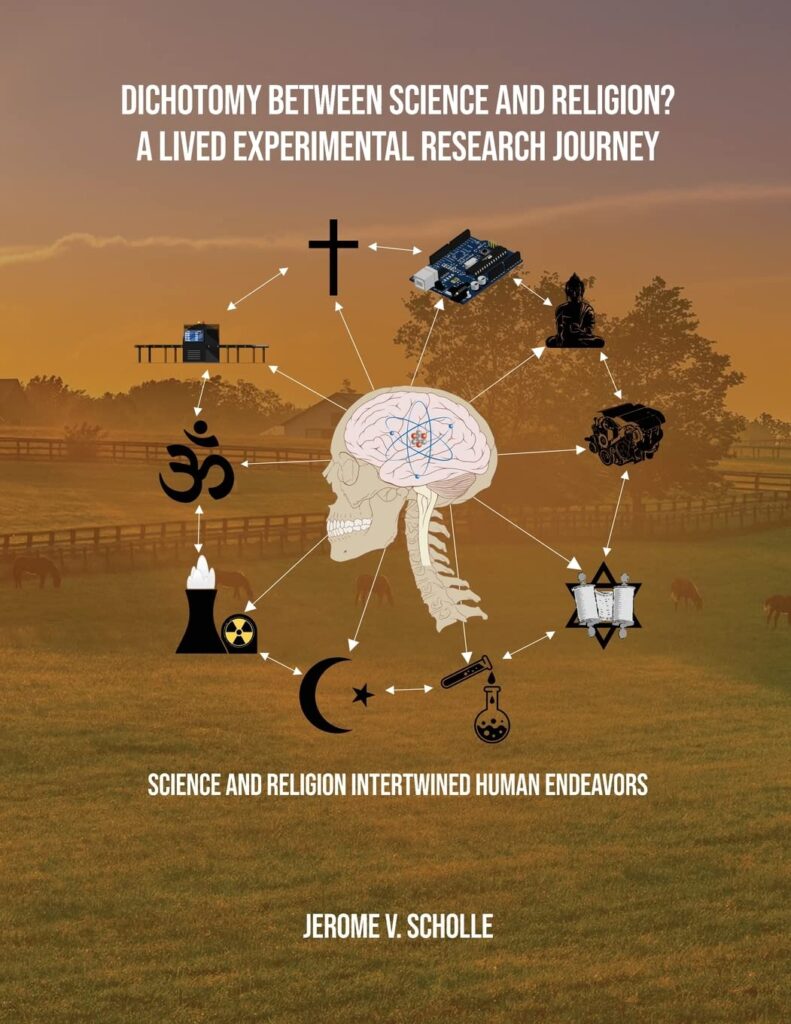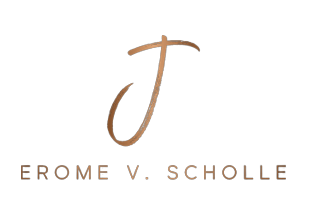Reincarnation, the conviction that the spirit goes through numerous lifetimes in various physical forms, is an idea well-established in different religious and spiritual practices. Across societies and civilizations, the possibility of reincarnation has interested and fascinated researchers of truth, offering significant experiences into the idea of presence, consciousness, and the great beyond. In this blog, we dig into the complex idea of reincarnation, looking at its importance and suggestions for human consciousness according to assorted viewpoints, religious, spiritual, and scientific insights. Drawing upon Jerome V. Scholle’s book, “Dichotomy Between Science and Religion? A Lived Experimental Research Journey Science and Religion Intertwined Human Endeavors,” we investigate the crossing point of conviction frameworks, human encounters and logical request in figuring out rebirth and its relationship to consciousness.

Exploring Reincarnation Across Religious and Spiritual Traditions:
Hinduism: A central idea in Hindu philosophy is reincarnation, also known as “samsara,” which is connected to the cycle of birth, death, and rebirth. Over the course of a lifetime, people accrue karma—the results of their deeds—which affects their subsequent incarnations. Reaching spiritual enlightenment and “moksha,” or freedom from the cycle of rebirth, is the ultimate aim.
Buddhism: Buddhism also views reincarnation as a part of the cycle of impermanence and sorrow, which is shared with other comparable religions. People try to escape the cycle of reincarnation and reach Nirvana, a state of liberation and an end to suffering, via mindfulness, moral behavior, and spiritual practice.
Jainism: Jainism also espouses the concept of reincarnation, emphasizing the eternal nature of the soul, or “jiva.” Practitioners strive to purify the soul through non-violence, asceticism, and ethical living, ultimately transcending the cycle of birth and death.
New Age Spirituality: In contemporary New Age spirituality, reincarnation is often seen as a means of soul evolution and growth. Believers may explore past life regression therapy or engage in practices aimed at accessing memories from previous incarnations to gain insights into their present life challenges and relationships.
Implications for Human Consciousness:
Continuity of Consciousness: The theory of reincarnation postulates that awareness endures after leaving the body and taking on multiple physical incarnations in different places and times. This perspective invites reflection on the eternal existence of the soul and challenges traditional ideas of death as the termination of consciousness.
Moral Responsibility: The concept of moral responsibility and taking responsibility for one’s conduct is emphasized by reincarnation beliefs. People realize that their actions and decisions have karmic repercussions that they will carry into subsequent lifetimes.
Evolution of the Soul: Reincarnation provides a framework for comprehending the soul’s evolutionary path, which is characterized by a variety of life lessons, difficulties, and chances for personal development encountered during numerous incarnations. There are fresh chances for growth, healing, and spiritual development in every lifetime.
Scientific Perspectives on Consciousness and Reincarnation:
While scientific inquiry may approach consciousness from a different perspective than religious and spiritual traditions, there are areas of overlap and potential convergence. Analysts in fields like parapsychology, cognitive science, and consciousness studies investigate peculiarities connected with near-death experiences, previous existence recollections, and survival beyond past physical death. While experimental proof for reincarnation stays dubious and liable to additional examination, logical investigation of awareness opens new roads for figuring out the idea of human life and its expected coherence past the physical realm.
Insights from Scholle’s Work:
Jerome V. Scholle’s investigation of the contrast between science and religion offers significant bits of knowledge into the perplexing interchange between conviction frameworks, human encounters, and scientific inquiry. Scholle’s examination process highlights the significance of coordinating assorted points of view and philosophies in pursuit of information and understanding, revealing insight into the nuanced connection between consciousness, spirituality, and logical investigation.
Reincarnation fills in as a significant focal point through which to investigate the secrets of human consciousness, the idea of existence, and the interconnectedness of all life. Across religious, spiritual, and scientific domains, the idea of reincarnation welcomes reflection on the everlasting excursion of the spirit, the elements of karma and reincarnation, and the groundbreaking capability of otherworldly development. By embracing assorted points of view and participating in open exchange, we extend how we might interpret rebirth and its suggestions for individual development, cultural amicability, and the mission for truth and significance in the human experience.
